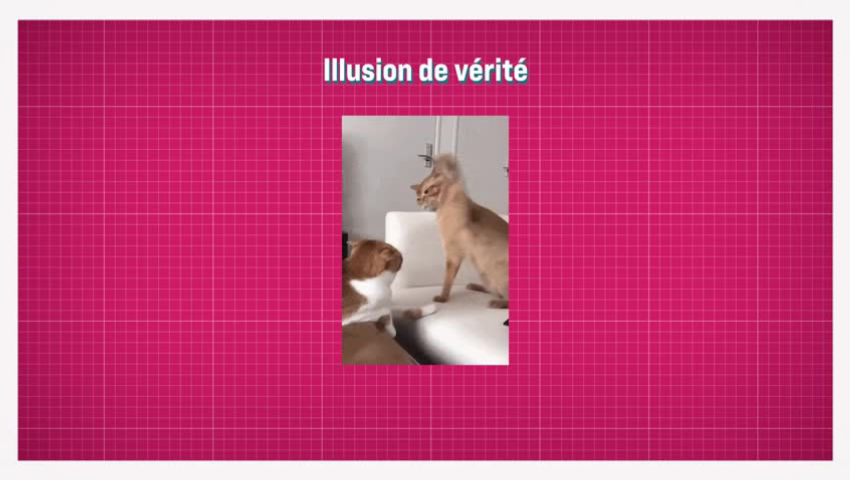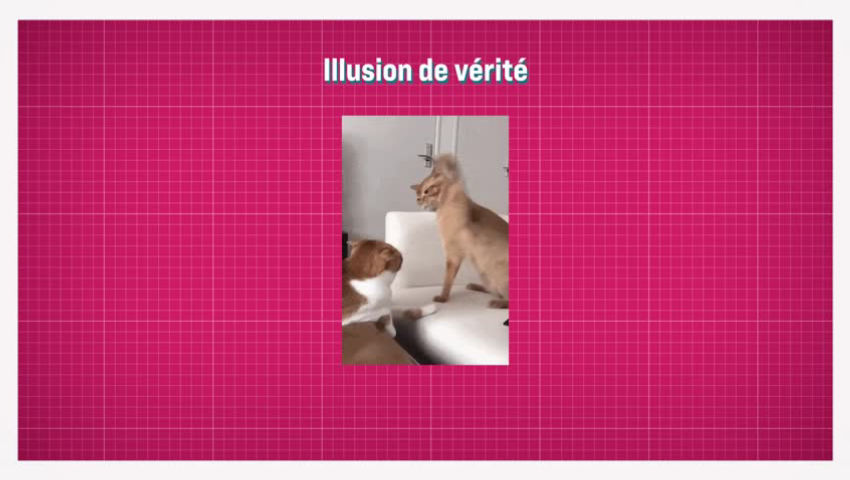Rester sur X pour débattre avec tout le monde ? Le Libre marché des idées
Rester sur X pour débattre avec tout le monde ? Le Libre marché des idées

Rester sur X pour débattre avec tout le monde ? Le Libre marché des idées

Qui peut bien être contre le débat d'idées ? En démocratie, il paraît évident que le débat public soit le plus riche et diversifié possible. Mais suffit-il de débattre de tout et avec tout le monde pour alimenter la délibération démocratique ? Et a-t-on un devoir moral de débattre de tout avec tout le monde ? 👇 CHAPITRES & RÉFS 📕 👇 ➡️
🙏 Merci de votre soutien sur ces plateformes : 🙏 👉 https://www.patreon.com/philoxime 👉 https://www.kisskissbankbank.com/fr/projects/philoxime 👉 https://fr.tipeee.com/philoxime
⌛ CHAPITRES :
00:00 - Intro
02:05 - Le modèle du libre marché des idées
04:27 - L'argument épistémique
09:29 - Objection 1 - Inégalités de pouvoir d'expression
12:50 - Objection 2 - Limites de la rationalité
16:20 - Objection 3 - Biais cognitifs
19:02 - Normes de la délibération démocratique
24:35 - Faut-il rester sur X pour débattre avec tout le monde ?
29:59 - Conclusion
📕 RÉFÉRENCES (Par ordre d'apparition)
- Girard (2011) "Le « libre marché des idées » et la régulation de la communication publique", Klesis - Revue philosophique
- Schauer (1983) "Free speech and the argument from democracy", NOMOS.
- Milton (1644) “Pour la liberté d’imprimer sans autorisation ni censure”
- Girard (2025) “Au-delà du ‘marché des idées’ : vérité et liberté d’expression”, Civitas Europa, 54, 2025/1
- Vosoughi & al (2018) "The spread of true and false news online", Science 359(6380)
- Thorson (2015) "The prevalence, consequence, and remedy of misinformation in mass media systems"
- Pluviano & al (2017) "Misinformation lingers in memory: Failure of three pro-vaccination strategies"
- Johnson & Seifert (1994) “Sources of the continued influence effect: When misinformation in memory affects later inferences.”
- Langlois & al (2000) “Maxims or myths of beauty? A meta-analytic and theoretical review” https://pubmed.ncbi.nlm.nih.gov/10825783/
- Stanovich (2021) The Bias That Divides Us: The Science and Politics of Myside Thinking. MIT Press
- Mercier (2017) “Confirmation Bias - Myside bias”, in Pohl (2017), Intriguing Phenomena in Thinking, Judgment, and Memory
- McRaney (2022) "How Minds Change The New Science of Belief, Opinion and Persuasion"
- Cohen (2003) "Party Over Policy: The Dominating Impact of Group Influence on Political Beliefs"
- Dillard & Shen (2005) "On the Nature of Reactance and Its Role in Persuasive Health Communication"
- Brehm (1966) “A theory of psychological reactance”
- Kim & al (2013), "Comparing Separate Process and Intertwined Models for Reactance"
- Kim & al (2014) The Intertwined Model of Reactance for Resistance and Persuasive Boomerang
- Byrne & Hart (2009) "The Boomerang Effect A Synthesis of Findings and a Preliminary Theoretical Framework"
- Farrell (2025) "We're getting the social media crisis wrong", https://www.programmablemutter.com/p/were-getting-the-social-media-crisis
- Farrell, Mercier & Schwartzeberg (2022) "Analytical Democratic Theory: A Microfoundational Approach"
- Post (2011), “Participatory democracy and free speech”
- Grice (1975) "Logic and Conversation”
- Cohen (1997) "Deliberation and Democratic Legitimacy"
- Haworth (1998) "Free Speech", Routledge.
- Törnberg & Chueri (2025) "When Do Parties Lie? Misinformation and Radical-Right Populism Across 26 Countries"
- Wired (2023) "Insiders Say X’s Crowdsourced Anti-Disinformation Tool Is Making the Problem Worse" https://archive.ph/ncl0u
- MintPress (2023) "Propaganda War: Pro-Israel Trolls Are Mobbing Twitter’s Community Notes"
- FranceInfo (2023) "Les "community notes" du réseau social X luttent-elles efficacement contre la désinformation ?" https://www.francetvinfo.fr/vrai-ou-fake/vrai-ou-faux-les-community-notes-du-reseau-social-x-luttent-elles-efficacement-contre-la-desinformation_6051188.html
- Garrett & al (2014) “Implications of pro- and Counterattitudinal Information Exposure for Affective Polarization”
- Bail & al (2018) “Exposure to opposing views on social media can increase political polarization”
- Cagé & Huet (2024) "L'Information est un bien public. Refonder la propriété des médias", Seuil.
🙏 REMERCIEMENTS :
Merci à Charles Girard, Pierre-Etienne Vandamme, Lê Nguyen Hoang, Jean-Lou Fourquet pour leurs retours sur le script de cette vidéo. Et merci à Carl de @RCHTKTN pour son toujours excellent montage vidéo !
©️LICENCES :
Harris Heller - Would You Kindly